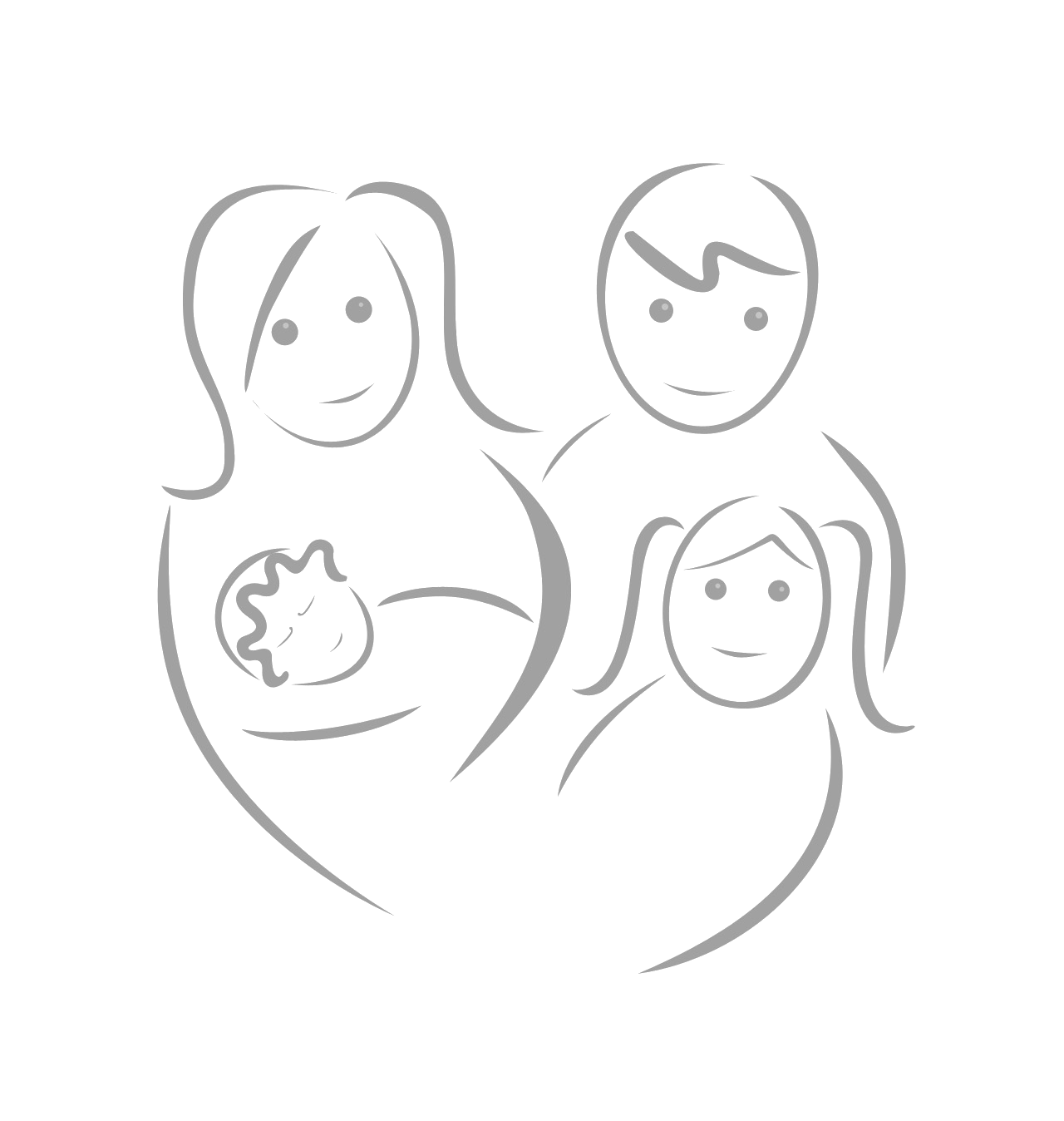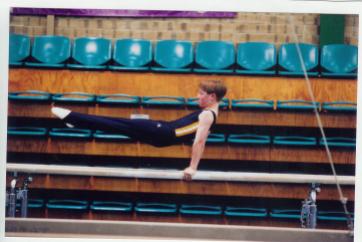As a parent my hopes and aspirations for my children included them:
- being healthy and happy
- having skills and confidence to explore and venture out into the world to play and learn
- to achieve and be successful to the best of their abilities in areas that were required of them within their occupational roles e.g. as student at school or as a player in sport
- to feel safe, secure and loved within the family unit
- to develop rich relationships with both parents and their sibling
- to feel supported and encouraged to pursue their interests and talents
- to enjoy and gain pleasure from being with others and to have the ability to develop lasting friendships and relationships
- have the confidence and skills to take an active part in and gain pleasure from community based activities or community events
- valuing and respecting others, and relating to them in ways that are considered fair and just
- to develop a degree of strength and resilience as well as problem solving skills for those times when life presents a challenge
- to know when to ask for and seek out assistance from others
- to become independent within their roles as a toddler, pre-schooler, student and young adult
- to grow up into caring, loving adults who seek and are successful in finding a life partner to love, cherish and share their life with
- to be able to pursue their dreams – whether that be travel, study and/or career related – and to feel proud of their efforts and achievements
- to be able to enjoy and celebrate with family and friends special events, occasions or milestones in life
My children are now young adults, and on reflection I feel fairly confident, that despite some bumps along the way and some extra help here and there, my hopes and aspirations for them have been largely achieved and fulfilled. My dreams and aspirations were unique to me and my family, however, there are likely to be some similarities with those of other parents and families.
When a child has been given a diagnosis, has special needs and/or has sensory processing challenges, parental dreams and aspirations should not be abandoned but instead supported.
Dreams or aspirations might include:
- taking the child to the parent’s favourite team sport such as an AFL or soccer game
- going on a family holiday to visit the theme parks in Queensland or a trip overseas to see the sites and visit relatives
- attending and being included in mainstream facilities for all the educational and social experiences that they can provide
- going to see a film or the Theatre
- going to a concert of a favourite band or performer
- attending a dance school and participating in competitions
- joining a gym club
- attending community based programs like ‘Auskick’ or ‘Little Athletics’
- learning to play a particular sport e.g. tennis, marital arts or play a musical instrument
- joining a performing group and being on stage
- attending and enjoying annual events like the Royal Adelaide Show or the Christmas Pageant as a family
- developing and maintaining close friendships
- being invited to peer birthday parties or other social events and enjoying the experience
- being able to attend the hairdresser for a hair cut or sit in the chair at the dentist for a check up or go to the zoo or a wild life park or an indoor playground or cafe: feel at ease and not be overwhelmed.




















